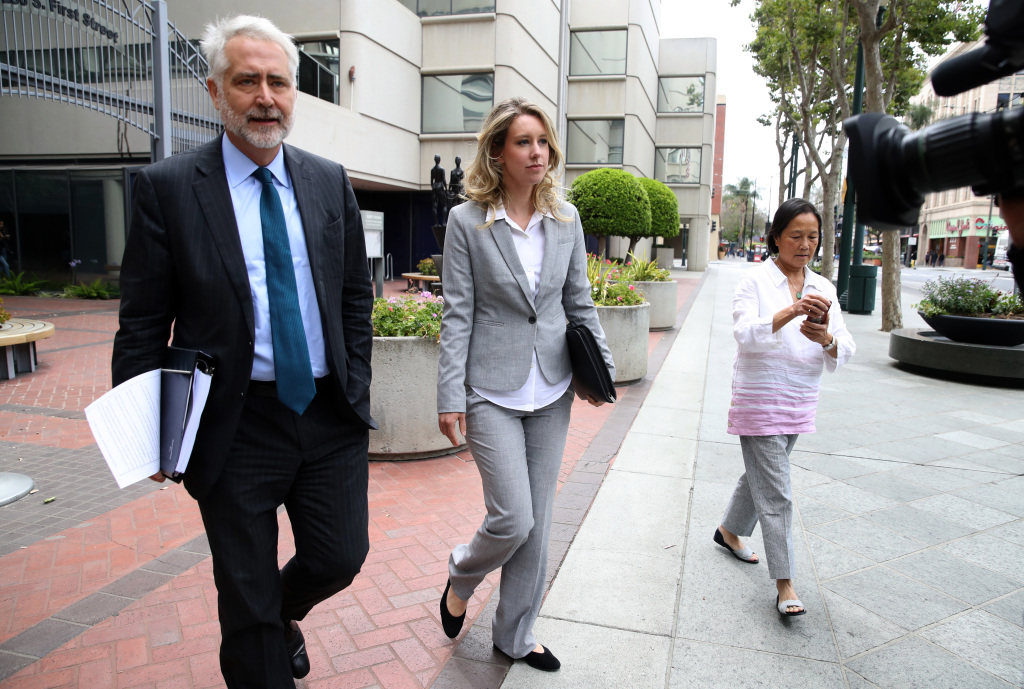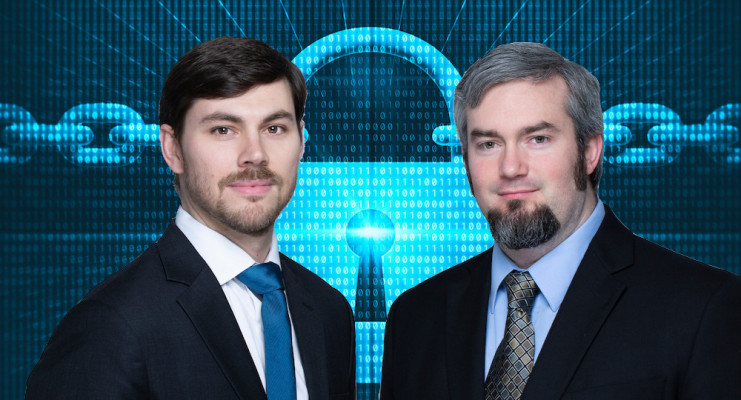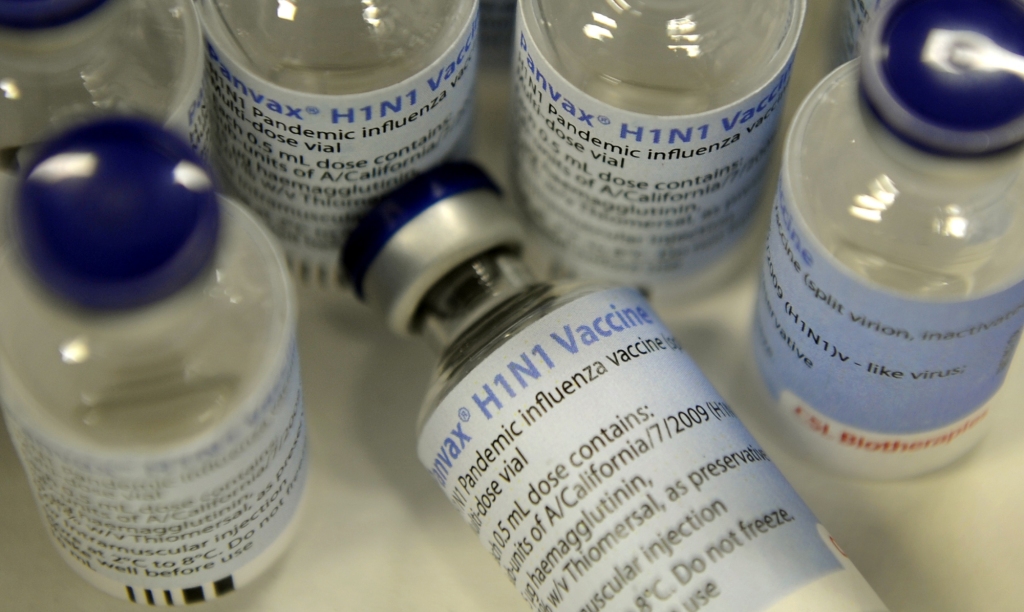Theranos destroyed a data set containing patients’ test results, a federal prosecutor claimed Monday during pre-trial proceedings against the defunct Palo Alto blood-testing startup’s founder, Elizabeth Holmes.
Assistant U.S. attorney Vanessa Baehr-Jones alleged the elimination of the information “destroyed the ability of the government to access that data set” and has forced prosecutors to rely for evidence on patient records held by doctors.
Baehr-Jones’ allegation during a video hearing in U.S. District Court in San Jose came as she and defense lawyer Patrick Looby argued over what testimony doctors whose patients received Theranos blood tests would be allowed to provide. Baehr-Jones did elaborate on what test results were involved or how patient numbers or a time period. Looby said it appeared the government was planning to have doctors speculate about scientific matters they aren’t qualified to testify about.
Holmes and former company president Sunny Balwani are charged with 11 felony counts of fraud. Prosecutors allege the two schemed to defraud doctors and hundreds of patients, and bilked investors out of more than $700 million, by falsely claiming Theranos machines could conduct a full range of tests using a few drops of blood from a finger-stick. Holmes and Balwani — who both appeared on video for the hearing — have denied the allegations, with lawyers for Holmes arguing in a December court filing that the government’s case was “unconstitutionally vague” and lacked specific claims of misrepresentation.
Also at issue during the hearing was a new indictment filed last week that Holmes lawyer Amy Saharia claimed improperly broadens the case. Not only does the indictment double the length of the alleged conspiracy to six years, it adds a “new category” of investors, defined by prosecutors as “certain business partners,” Saharia claimed.
“This struck us as a curious definition of investors,” she said. “We understood investors to be people who paid money for shares in Theranos. We asked (prosecutors), ‘Who are these certain business partners?’ They refused to tell us.”
That issue will be central to one of several forthcoming motions by defense lawyers for charges to be dismissed, Saharia said.
Holmes’ trial was originally set to start this month, but was delayed once until the fall, and delayed again Monday, with Davila instructing the prosecution and defense to meet and discuss whether they could be ready for a February start date, given the coronavirus pandemic.
Holmes — who dropped out of Stanford University at 19 to found Theranos — and Balwani face maximum penalties of 20 years in prison and a $2.75 million fine, plus possible restitution, the Department of Justice has said.











